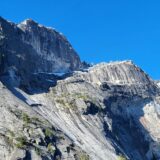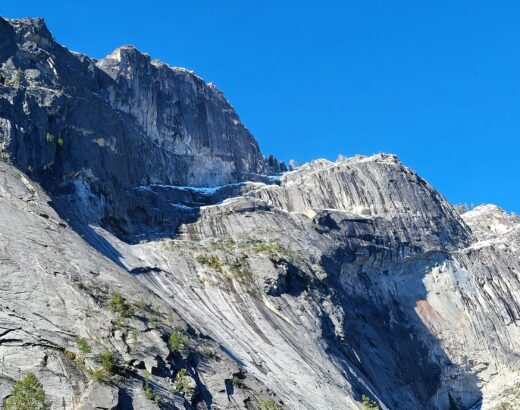I heard the frogs croak

The name Fort Alexander is deceptive, it connotes, at best, some sort of a military thing or, at worst, a colonial structure through which many Africans were shepherded into boats to plantations across the world. It is neither of these but just a simple block of terraces in which I happened to be a temporary occupant as I write.
It was on the balcony of one of the terraces that I stood brushing my teeth with one hand and a cup of water in the other. I had woken up and got caught up with doing what many of my ancestors had done – cleaning their teeth with using chewing stick with just a wrapper tied across their waist while they saunter across the large open grounds of their family compounds. Today, I couldn’t get hold of a chewing stick so i used the fluoride paste. With the mouth washing done, I spat out the fluoride waste out of my mouth and this action that caused a movement in the thicket of green foliage below the apartment. My attention was immediately drawn to a mid-size green alligator-like reptile that scurried through the bush, seeking for a hiding place from terror, man. It was probably the last survivor of its family; others having ended up in soup pots given the unabated decimation of the natural forest that they once called home.
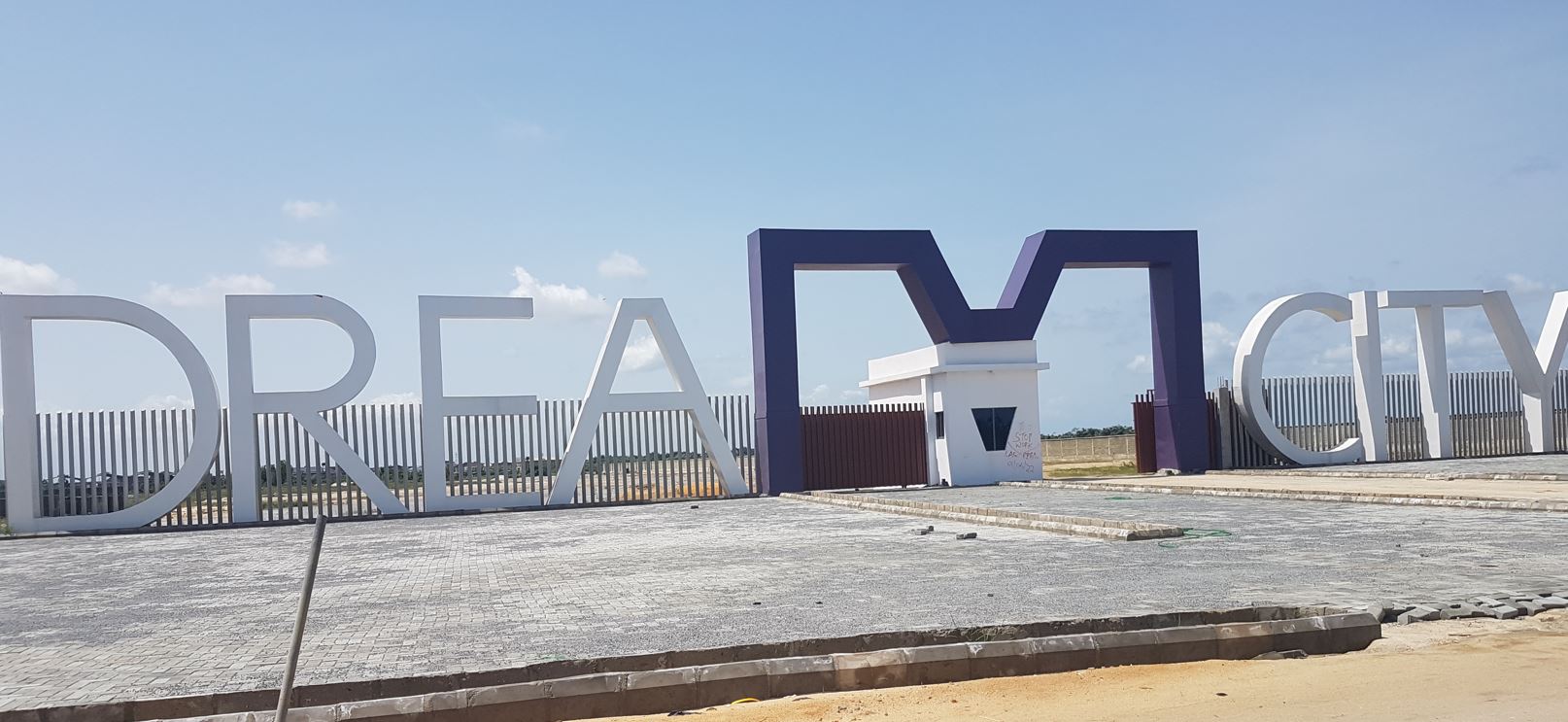
For months, the developers of OrangeVille Estate had been involved in the continuous dredging of the waters behind Fort Alexander. A few days prior, I had gone to sleep under heavy smoke emanating from the bush burning that was going on in the neighborhood. This and other factors had dislodged the reptile I saw, and others of its kind surely killed in the process as well. When I saw the developers of OrangeVille pulling out their dredger from the water and loading up the swamp buggies and other machineries they had been using, I was a little bit relieved though I know irreversible damage had been done to the environment by them. Now, a good part of the forest is gone and everywhere has been replaced with a thick level of river sand, white is now what had previously been green.
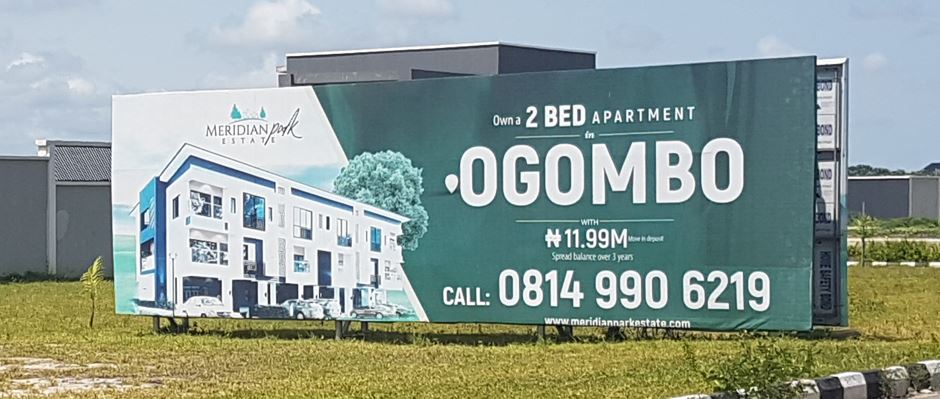
I returned into the apartment to continue with my day activities and soon forgot about the chance encounter. That was, until the heavy rain fell that night. The next morning, I was awakened by a cacophony of sounds, majorly from frogs that were croaking in the few swamps that have not fallen to the aggressive territory acquisition of man. I loved the sound and was reminded about the years gone by when I was a boy growing up in Oyo town. I could remember clearly similar sounds that I heard as I made my way to school. I also remember how we picked up snails, big ones, around the bush path as kids. These are experiences that my kids never had and could never imagine. The bushes and the paths are gone and so also are the many animals that they provided cover for.
When I first visited Ogombo some ten years ago, it was a little community hidden by the thick green foliage and dense thickets of tropical vegetation (mangrove forest) from the general hustle on the Lekki corridor. I could see the birds, perched on trees and flying away as the vehicle approached. A few times, I had come across the odd snake sun-bathing on the road which hurriedly runs away at the sound of the approaching car. The traffic was light, in fact one could make the trip from Abraham Adesanya to Ogombo without meeting more than one or two vehicles on the way. This is now a time long gone, what we call the past. Developers have moved in. With them came the heavy machineries pulling down ageless trees, dredging the waters for its sands and using same to fill up the numerous swamps that encompassed Ogombo. The water ways have majorly disappeared, and the swamps have yielded to urbanization. The animals have ended up in many families’ dinner plates as bush meat and the few remaining are continually seeking for new homes.
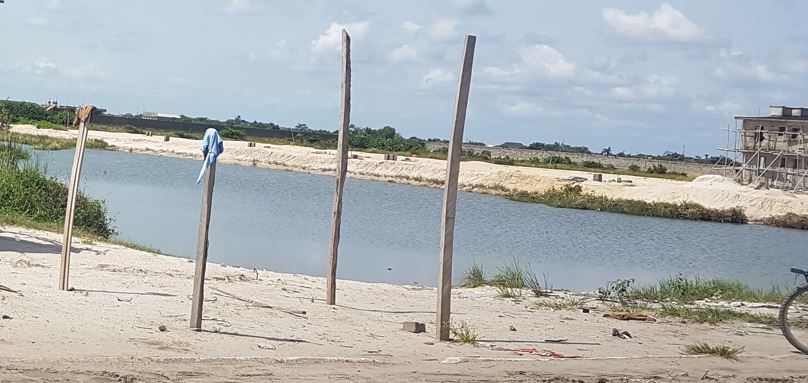
This is the story of Ogombo but is the same story for all the areas in the Lekki environ. No thicket is spared. That is, except for the Lekki Conservation Centre which remains the only set of contiguous greenery in the urban Lekki area. I had often overlooked this but as I drove out of Lekki using google map, I could see right on the phone that nothing else anywhere in Lekki has retained its greenery. Thank goodness for the vision and funding provided by Chevron else this space that continued to provide shelter and home for the numerous baboons, snakes and other animals local to the Lekki neighbourhood would have been developed into premium living spaces for man. I took solace in the little glitter of home that this space will continue to remain true to its objectives and preserve the few animals that are wise enough not to wander outside its space for the future to know they exist.
The sadness of this story is that there are not many visioners like Chevron. Given that estates and accommodation must be developed for the teeming population of Nigeria, nothing stops us from having green zones within these estates. Doing so add to the beauty of the development. Even the waterways do not need to be filled up, they could be cleared and left to be, adding to the aesthetic appeal of living in our cities. No wonder, none of our cities is ranked high among the liveable cities in the world. Unfortunately, the choice of profit over posterity has continued to drive insanity in the decisions of our country folks and we are not better, refusing to call them to order or declaring that we are better off living in more natural environments with trees and waterways.
If we do not do this, the croaking of the frogs is forever gone in our neighbourhoods. Soon the birds will disappear, having no trees to perch on and then, we will be left to our vile ways – man, the ultimate conqueror of his environment!
While the world’s attention is focussed on the deforestation of the Amazon Rainforest, considered by many as the lungs of our planet, it is time for us in the urban centres in Nigeria to change our approach to urbanization. We can cohabit with other creations of nature and not necessarily remain the greatest destroyer on the planet. Clearing just enough to meet our needs and compulsorily leaving some vegetation in our urban planning is surely a way to start.

